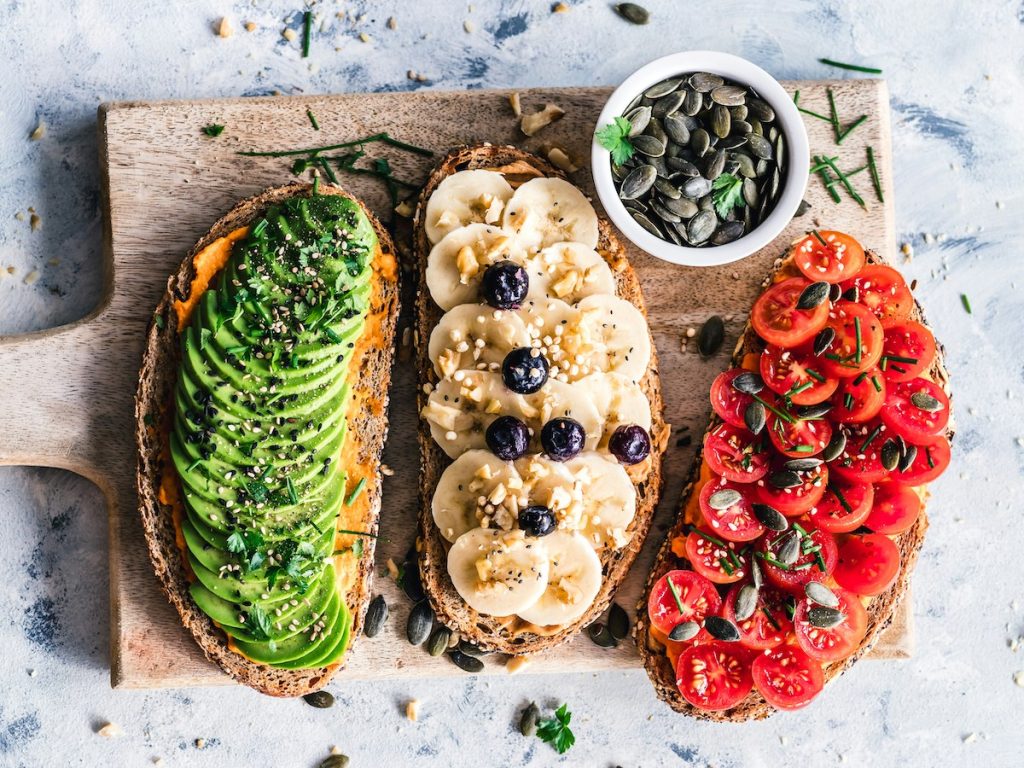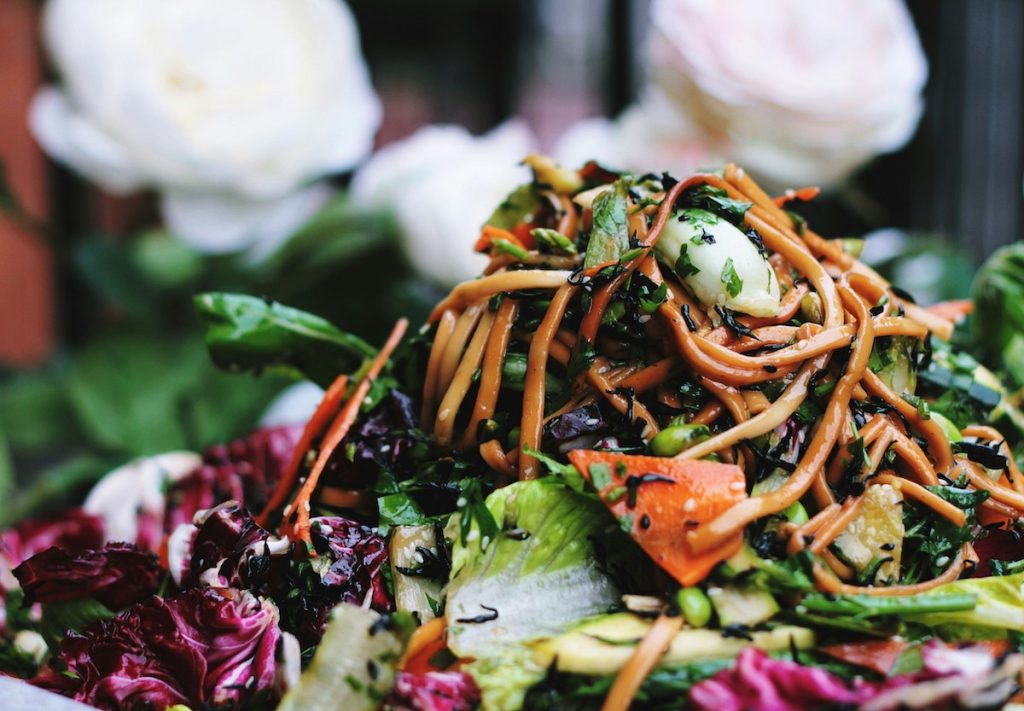Veganism has gained significant traction in recent years, and for good reason. It’s not just a passing trend; it’s a movement that aligns with our desire for a healthier, more sustainable planet. By adopting a plant-based lifestyle, individuals contribute to their own well-being while making a positive impact on the world around them.
The power of plant-based living is becoming increasingly evident as veganism is not just a dietary choice, it’s a lifestyle that encompasses compassion, health, and environmental consciousness. Discover the principles of veganism, the health benefits of a plant-based diet, its environmental impact, ethical considerations, tips for transitioning to a vegan lifestyle, and addressing common concerns.

What is Veganism?
At its core, veganism is a philosophy that seeks to exclude all forms of animal exploitation and cruelty, whether in diet, clothing, or any other aspect of life. It’s an ethical stance that promotes compassion towards all sentient beings and recognizes the interconnectedness of humans, animals, and the environment.
Health Benefits of a Plant-Based Diet
Embracing a plant-based diet can have profound effects on our well-being, and there are significant health benefits:
Nutritional Advantages: Plant-based diets are rich in vitamins, minerals, and fiber, providing essential nutrients for optimal health.
Disease Prevention: Studies have shown that plant-based diets can reduce the risk of chronic diseases such as heart disease, diabetes, and certain types of cancer.
Weight Management: A plant-based diet, when balanced and varied, can support healthy weight loss and weight management.

Environmental Impact of Veganism
The environmental consequences of animal agriculture are staggering. By adopting a vegan lifestyle, we can significantly reduce our ecological footprint.
Reduction of Greenhouse Gas Emissions: Animal agriculture is a major contributor to greenhouse gas emissions. By eliminating animal products from our diet, we can reduce our carbon footprint.
Conservation of Resources: Animal agriculture requires vast amounts of land, water, and feed. Shifting to plant-based alternatives allows for more efficient use of resources.
Preservation of Wildlife: Animal agriculture is a leading cause of deforestation and habitat destruction. Choosing plant-based options helps protect biodiversity and wildlife habitats.
Ethical Considerations
Ethics is at the core of veganism. By adopting a vegan lifestyle, we actively express our compassion for animals and advocate for their rights. Veganism encourages the use of cruelty-free alternatives and challenges societal norms regarding the treatment of animals.
Tips for Transitioning to a Vegan Lifestyle
Transitioning to a vegan lifestyle can be a gradual process. Here are some tips to help you navigate the journey:
Gradual Changes and Substitutions: Start by incorporating more plant-based foods into your diet and gradually eliminate animal products.
Meal Planning and Grocery Shopping: Plan your meals in advance and explore the abundance of vegan options available. Stock your pantry with wholesome plant-based ingredients.
Seek Support and Community: Connect with like-minded individuals, join vegan groups, and seek support from friends and family who understand and respect your choices.
Addressing Common Concerns
Transitioning to a vegan lifestyle often comes with questions and concerns. Let’s address some common ones:
Protein Intake: Plant-based diets can provide ample protein through sources such as legumes, tofu, tempeh, and quinoa.
Nutrient Deficiencies: With proper planning and a varied diet, vegans can meet their nutritional needs. Pay attention to sources of vitamins B12, iron, and omega-3 fatty acids.
Social Challenges: Dining out or attending social events as a vegan may require some adjustments. Communicate your dietary preferences in advance, and be prepared with vegan-friendly alternatives.

Vegan Recipe Suggestions
Here are a few easy to prepare and delicious vegan recipe suggestions to try:
Vegan Buddha Bowl: A colorful and nourishing bowl packed with a variety of vegetables, whole grains, and plant proteins.
Black Bean Tacos: Flavorful and satisfying, these tacos showcase how classic dishes can be made vegan without sacrificing taste.
Overnight Oats: A simple and nutritious breakfast option that can be customized with your favorite toppings and flavors.
Lentil Bolognese: A hearty and comforting meal that highlights the protein potential in vegan foods.
Additional Resources
For further exploration of veganism and its benefits, here are some recommended resources:
“How Not to Die” by Dr. Michael Greger: A comprehensive book that extensively covers the health benefits of a plant-based diet.
“Forks Over Knives” documentary: A compelling film that explores the correlation between diet and disease, highlighting the power of plant-based nutrition.
The Vegan Society website: A comprehensive online resource for anyone interested in veganism. It offers a range of information from basic principles to practical advice, recipes, and more.
“Earthlings” documentary: A thought-provoking film that sheds light on the ethics of animal use in various industries, encouraging viewers to reevaluate their choices.
Transitioning to a vegan lifestyle is not just a personal choice but it should be a conscious decision to make a positive impact on your health, the environment, and to do your part in protecting animal welfare. Start living a plant-based lifestyle and contribute to a more sustainable and compassionate world today. Every step you take on this journey matters. Embrace the power of plants, explore new flavors, and savor the incredible benefits that veganism brings to your life.





 No products in the cart.
No products in the cart.